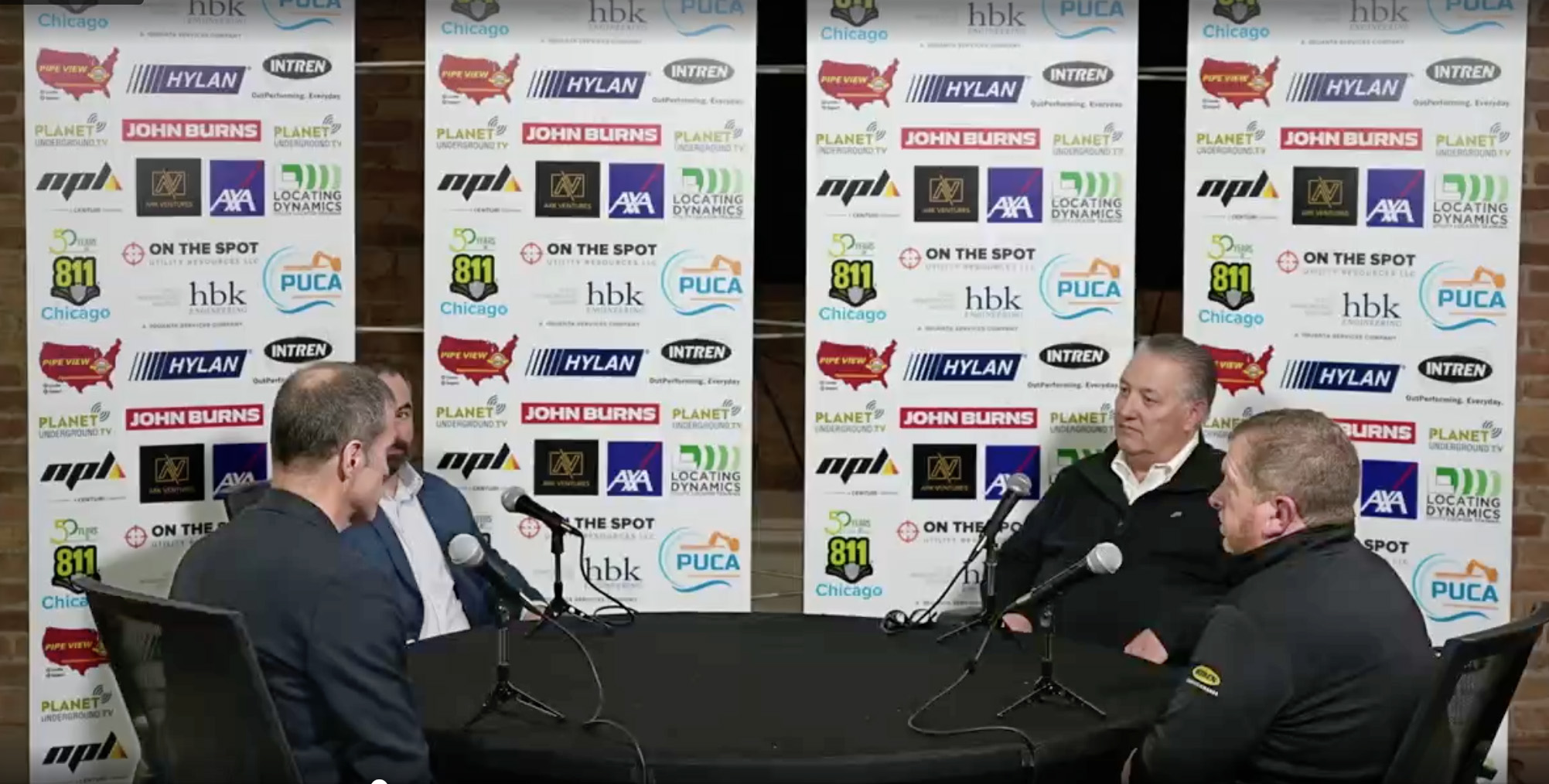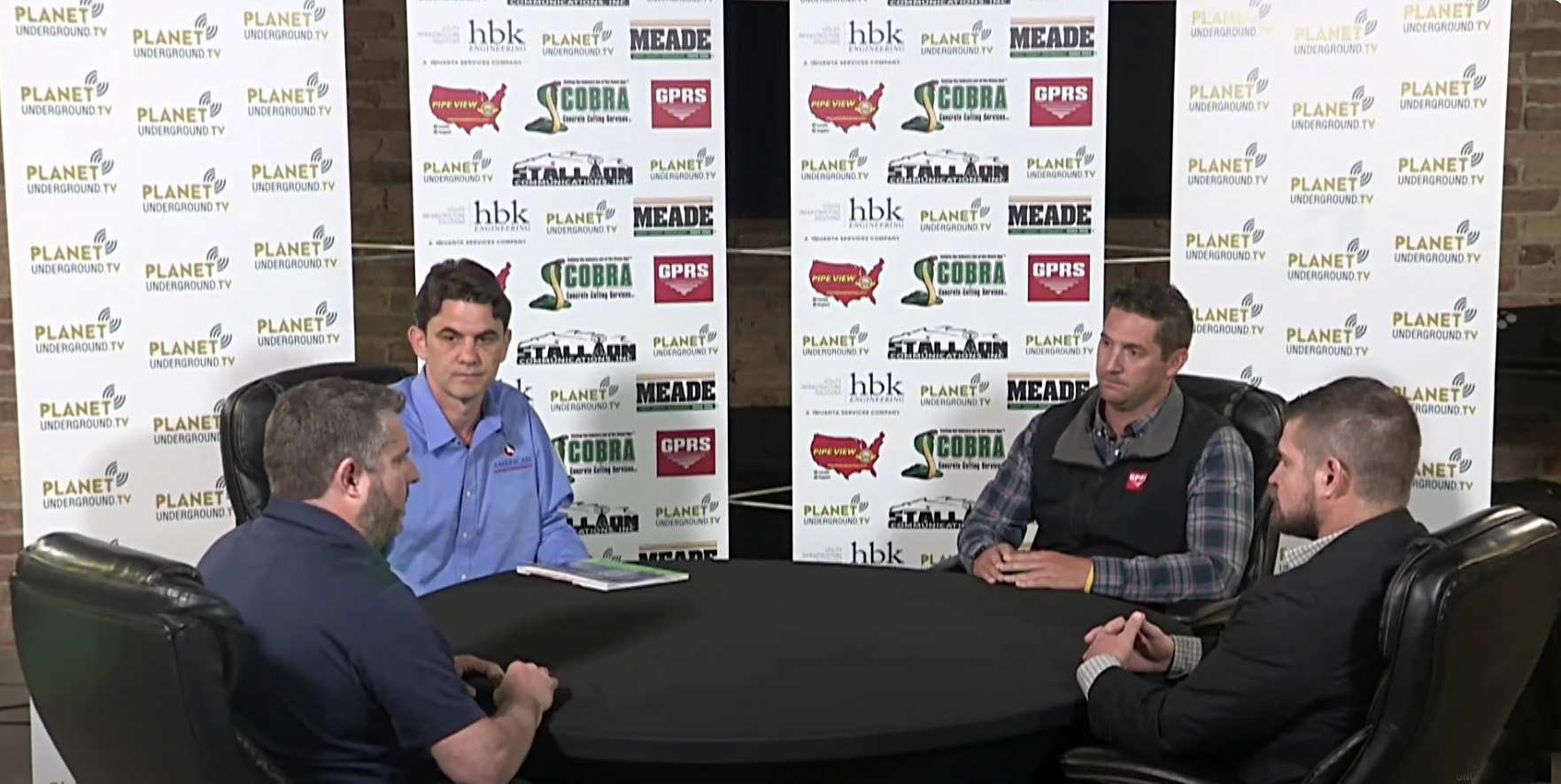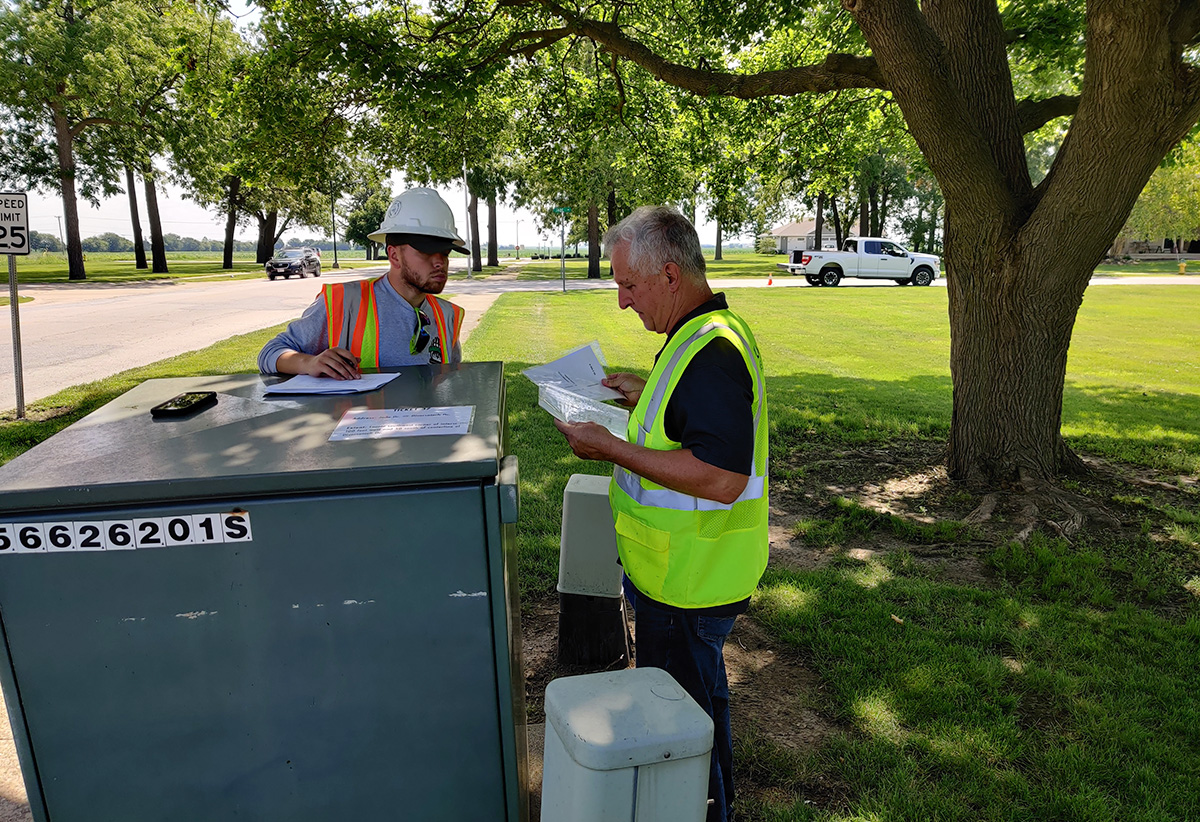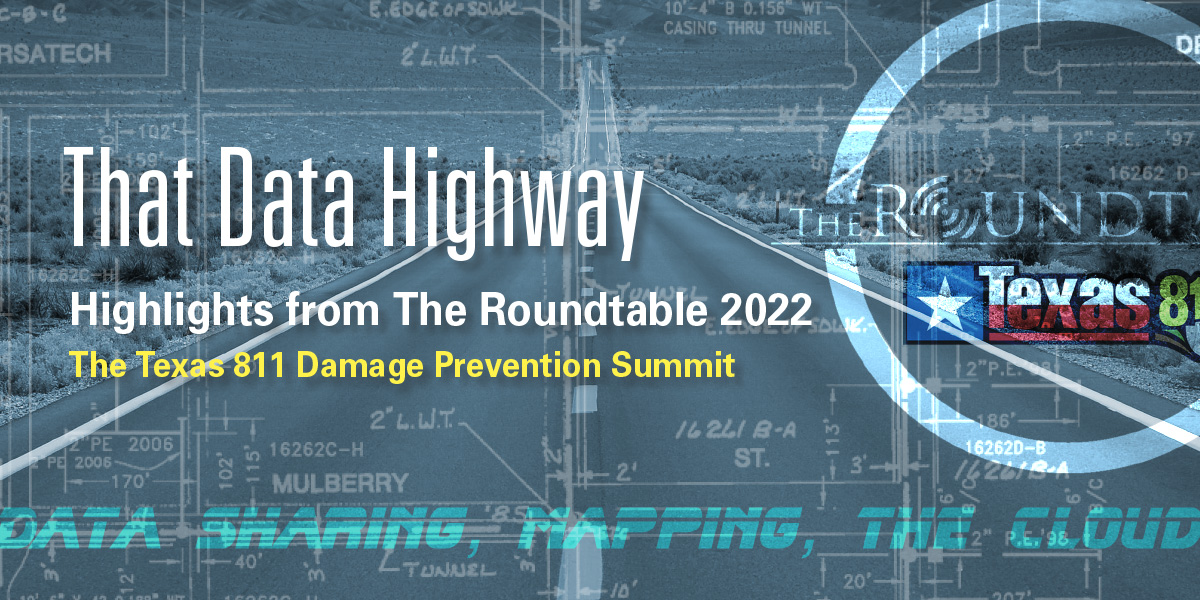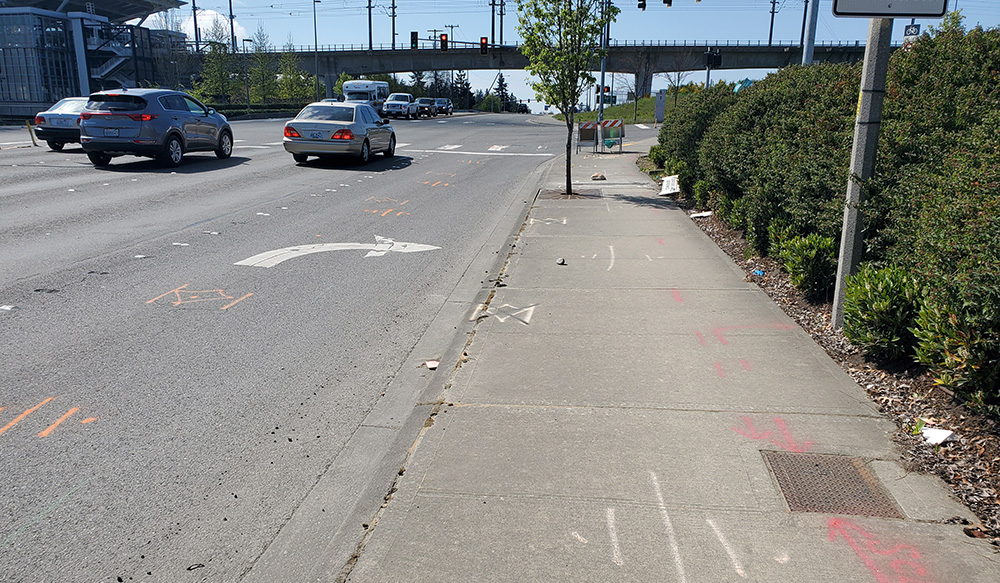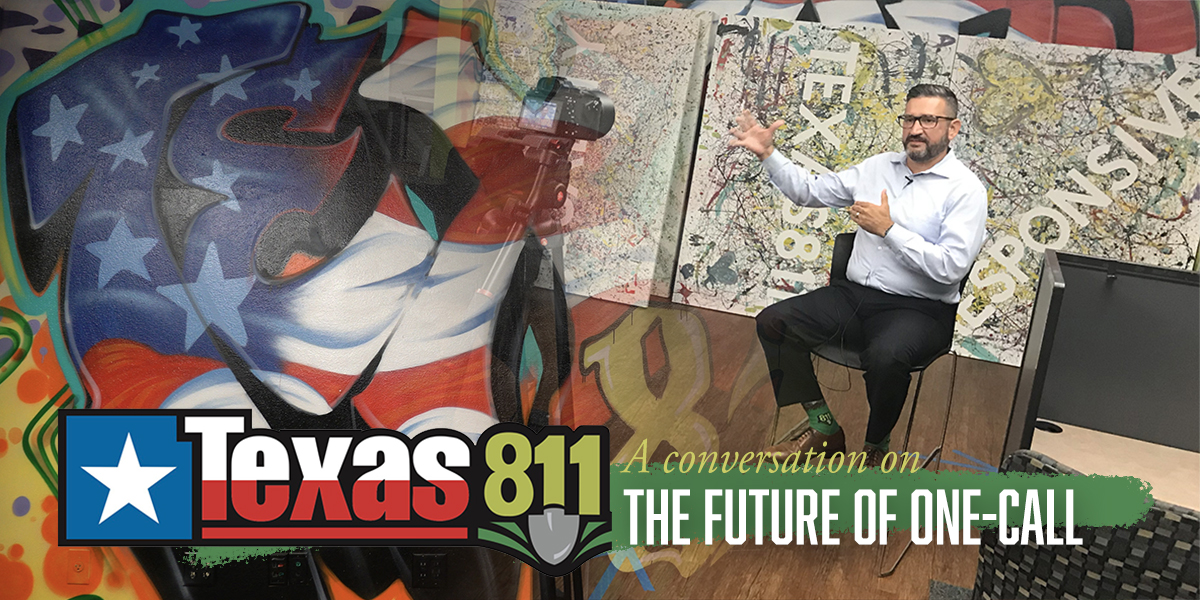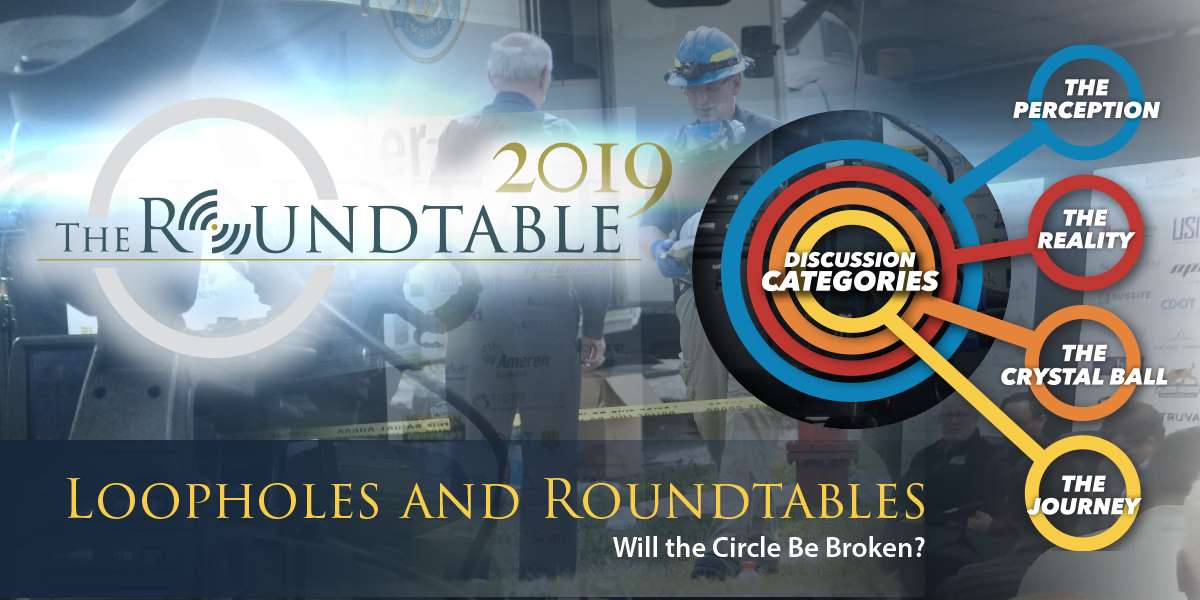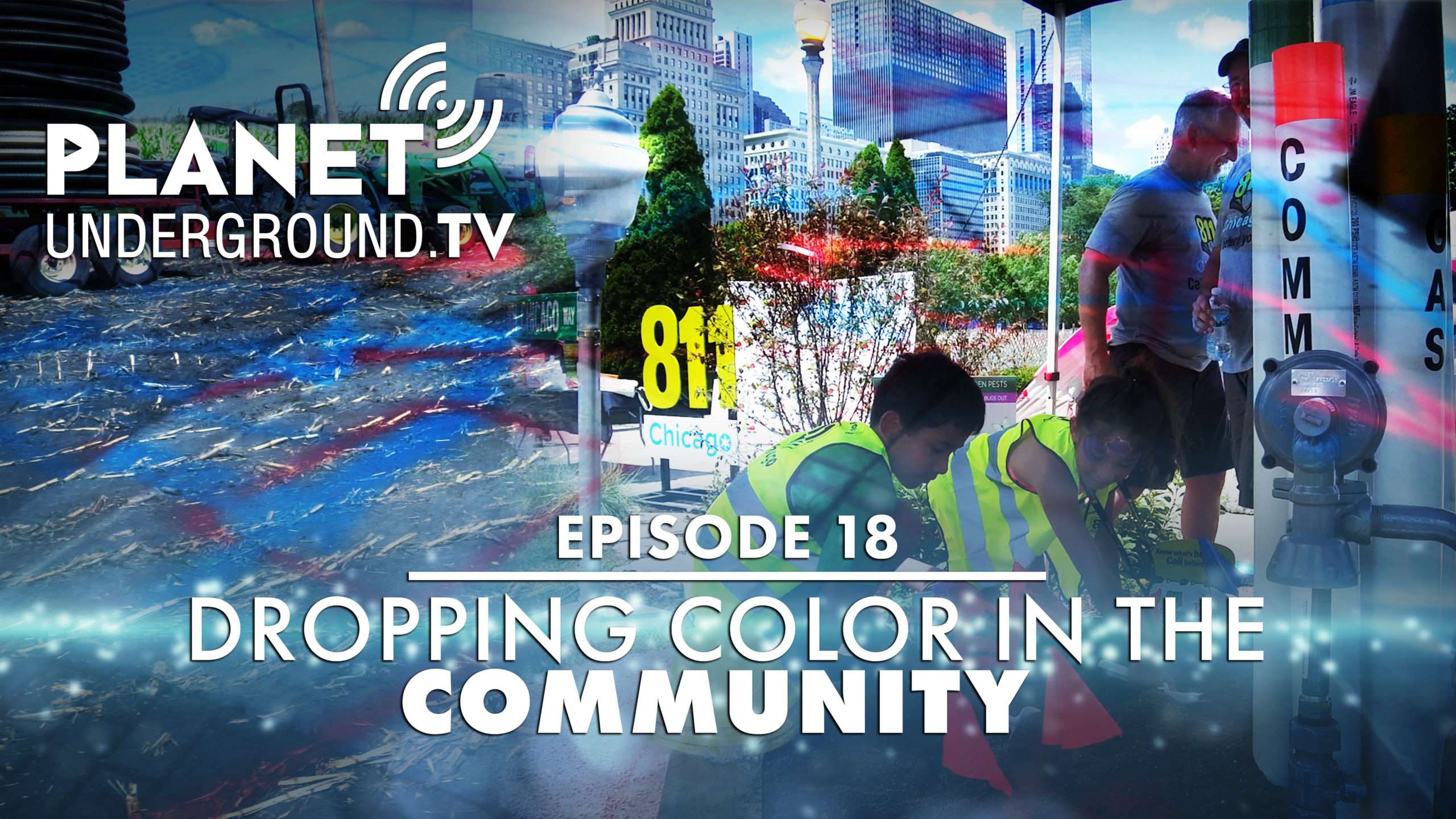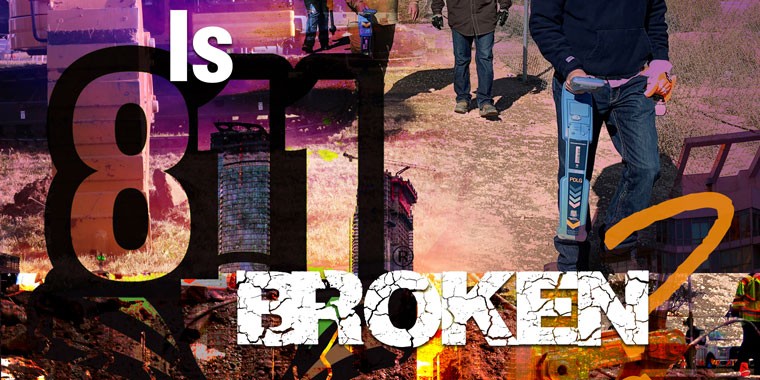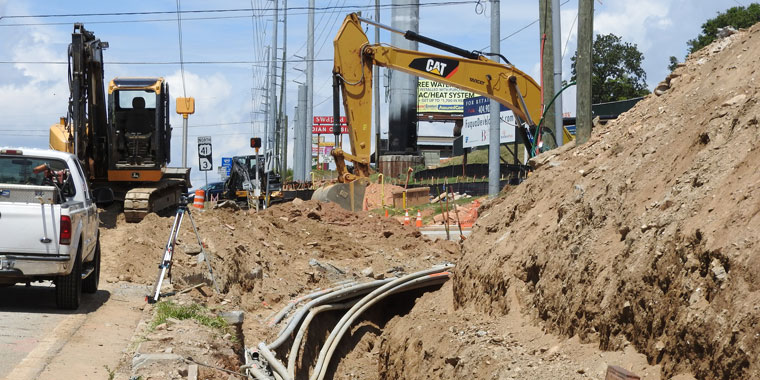Mike and Jemmie’s Barstool Sessions
This spring, Planet Underground TV introduced a new video series called Mike and Jemmie’s Barstool Sessions, featuring underground utility industry experts Mike Parilac of Planet Underground TV and Jemmie Wang of Bizmetrix. It’s similar to a two-person Roundtable session, as our guests engage in unscripted casual conversation about industry challenges and future directions damage prevention can and should take.
These two knowledgeable experts put things in perspective for people trying to wrap their heads around why things are as they are today, and how they can be better tomorrow. Locators, excavators, engineers, one-calls and others need to work smarter not harder, so follow along on a great conversation as we present a transcript from one of the latest videos.
“If you think about the dynamic between the locator and the excavator, there are a lot of misaligned interests.” -Jemmie Wang
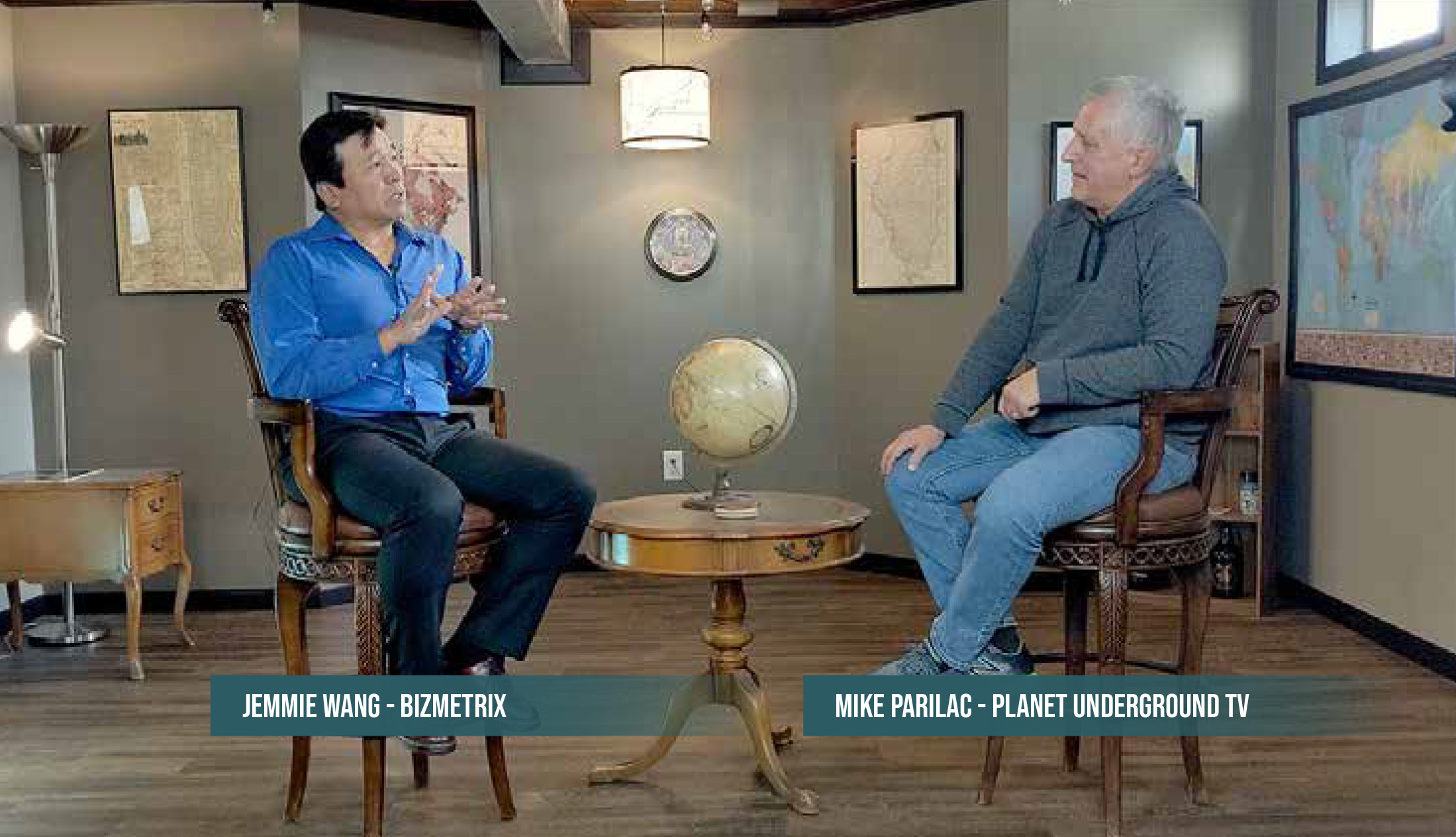
Jemmie Wang: We need smarter locating, more differentiated, more segmented locating.
Mike Parilac: Let’s say 10% of a locator’s time is actually using the instrument, putting down paint and flags, 10% of his day. Now out of that time that you are actually spending locating, how much of what you do never does anything for anyone and is a complete waste of energy?
Jemmie Wang: So some of that is trade secrets I can’t talk specifically about, but it’s a very high percent. It’s a very high percent of the time that I’m not actually using the instrument to find facilities that are highly likely to be in conflict with the dig area. And we could narrow it down even more, maybe have the locators spend a higher percent of the time locating high risk, high consequence tickets that are highly likely to be in conflict with the dig area.
Mike Parilac: Right.
Jemmie Wang: So what that means then, if that’s the set, what’s outside that set are the tickets not likely to be in the dig area, not likely to be damaged. Even if there are damages, we don’t like damages, but we need to be smart about this. Even if there are damages, it’s not likely to be high consequence. I’m not even saying necessarily remove locating, but have the locators concentrate on that set and just be smarter about it as opposed to pretending it’s all equal.
Mike Parilac: How can they focus on that set without supervision by the excavator or the design company or those who actually know…
Jemmie Wang: Good question.
Mike Parilac: …what is valuable and what isn’t?
Jemmie Wang: Right? It’s a good question, because if I’m a locator, I’m not accountable to them right now, to be honest. Because they don’t pay me, and they don’t have direct say over whether I remain hired or fired. I’ll be honest. If I’m working on the job and you’re not paying me and you don’t have control over whether I keep this contract? Talk to the hand. I just don’t care.
Mike Parilac: I’m going to come back at it again, this time my math being correct. So, for 480 minutes in an eight hour day, 10% of that is 48 minutes. So, in a rural area where your towns of 10,000 people or less are five to ten miles apart, 48 minutes a day of actually putting down paint and flags is maybe just about right. Obviously, in a more congested area, that percentage is going to go up. Let’s use that 48 minutes.
Let’s suppose now half that time is wasted. Twenty-four minutes does nothing for anybody, because they’re marking to the extent of a ticket where the ticket caller has no earthly means of ever going or any desire to go to the full extent. I just did it because of convenience or to make sure I got more than what I needed. So with 24 minutes wasted, how much did I have to have in terms of fuel and labor and vehicle maintenance and IT support to drive all that 24 wasted minutes?
We’ve already determined that person and everything that goes into that person is the highest cost of providing locating. If you’re in the locating business, getting contracts with utilities, by far, whatever it takes to support that person in that truck, that’s the biggest chunk. And now we just said that getting them around for 24 minutes of his day is a complete waste because nobody’s using that information. We’ve also said that the only way somebody could get a full 48 minutes of information that people would use is if that person who called in that ticket, that person who knew why, what they were doing could be almost a direct supervisor of the locator and say, don’t worry about that over there, do this here, come back tomorrow and do this. Now, all of a sudden, can we assume that none of what that person is doing is wasted? Granted, maybe not every mark is dug upon, but maybe a decision is made based on where the marks are so those marks provided value. They gave me or us information that we needed to make a decision.
Jemmie Wang: I don’t know if all the waste would go away, but I think a lot of it would. So if you think about the dynamic between the locator and the excavator, there are a lot of misaligned interests. From the excavator’s side, I remember a very high percentage, an unreasonably high percentage of the tickets have the description work, “Mark entire property.”
So, we’re planting trees on the northwest corner. Well, why are we marking the entire property? Well, because that was the easiest thing for me to enter in, just in case. Okay. If you were paying someone to locate and you were just planting trees in the northwest corner, would you say, give me a quote on locating an entire property?
Mike Parilac: Right. (Laughing…)
Jemmie Wang: Right. You’d say no, I need ten feet by ten feet in the northwest corner. That’s it. Just give me a quote for that. So the excavator, to put it bluntly, just doesn’t care about the productivity or waste of it because it’s free for them. But on the other hand, the locator says, look, I’m just going to make sure I have no at-fault damages. Again, to be brutally honest, I don’t care if you have this catastrophic damage that’s not at-fault, because that’s by definition, not my fault. Right?
So you have this misalignment of interests, and from that, you have a lot of waste. On one hand you have, “Mark entire property,” and the locator is saying, I just have to get this done as quickly as I can and just make sure I don’t have any at fault damages. Because the person, the entity that pays the locator is not the excavator, right? I think a lot of the waste and inefficiencies and opportunities we have is based on that dynamic.
Mike Parilac: Right. I like your use during our conversation of “I don’t care,” because, maybe on the surface, it sounds blunt.
Jemmie Wang: Sounds blunt!?
Mike Parilac: But you know what?
Jemmie Wang: It’s reality.
Mike Parilac: Oh, what? You do care? Obviously no…
Jemmie Wang: I mean, I don’t care. It sounds crude, right? But that’s the reality. Quick story, we took my daughter to, did an immersion in Nicaragua, and it’s hot. No one has AC there. First day they complain, “Oh, it’s hot!” I say, “Hey, you know what? Not only do I not care, no one here cares!” You know what that did? She moved on. She never mentioned it again, because I told her I don’t care, because there’s nothing I can do and no one here cares. So what I’m saying is, from the excavator’s perspective, I don’t care. That’s why 30% of my tickets say, mark entire property.
Mike Parilac: Right.
Jemmie Wang: If I cared. Why would I say that?
Mike Parilac: Right. So any good system would congregate the entities that share the same problem when you would reasonably expect a solution to be had.
Jemmie Wang: Yes. You have to have alignment of interests. Right now, we get into a room and everyone nods their heads and says, yes, we want to get to zero damages. No you don’t. Let’s just keep it real.
Mike Parilac: The road to 249,000 damages.
Jemmie Wang: Right. I want to reduce my damages by 1% and increase my efficiency by ten.
Mike Parilac: Yes.
Jemmie Wang: That’s what’s in my budget next year.

